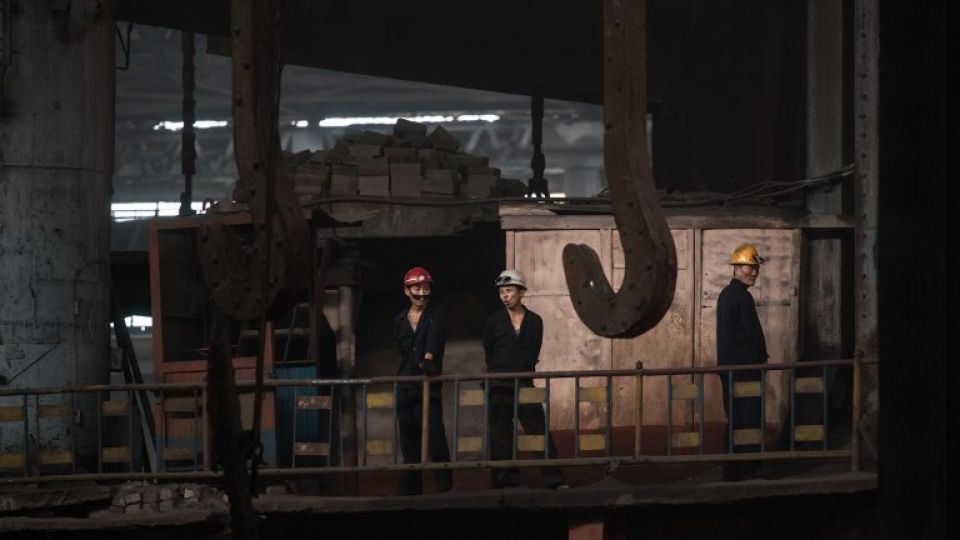November 28, 2019
The trade war between the two countries continue.
South Korea’s trade commission said Thursday it will soon decide whether to extend the existing anti-dumping tariff on stainless steel plates imported from Japan, which was first imposed in 2011.
Currently, Seoul slaps an anti-dumping tariff rate of 13.17 percent on imported Japanese steel plates, according to the Korea Trade Commission.
South Korea previously extended the measure once in 2016, which will run through December. The tariff mainly targets those from Japan’s Nippon Steel Stainless Steel Corp., Nippon Yakin Kogyo Co. and JFE Steel Corp.
Stainless steel plates are mostly used in petrochemical plants, liquefied natural gas tanker ships and desalination facilities.
The South Korean market for the products was estimated at 300 billion won ($254 million) in 2018, or 100,000 tons. Locally produced goods account for 70 percent, with Japanese products taking up rouhgly 20 percent of the local market.
South Korea will deliver the final verdict on whether to extend the anti-dumping tariff within the first half of 2020.


